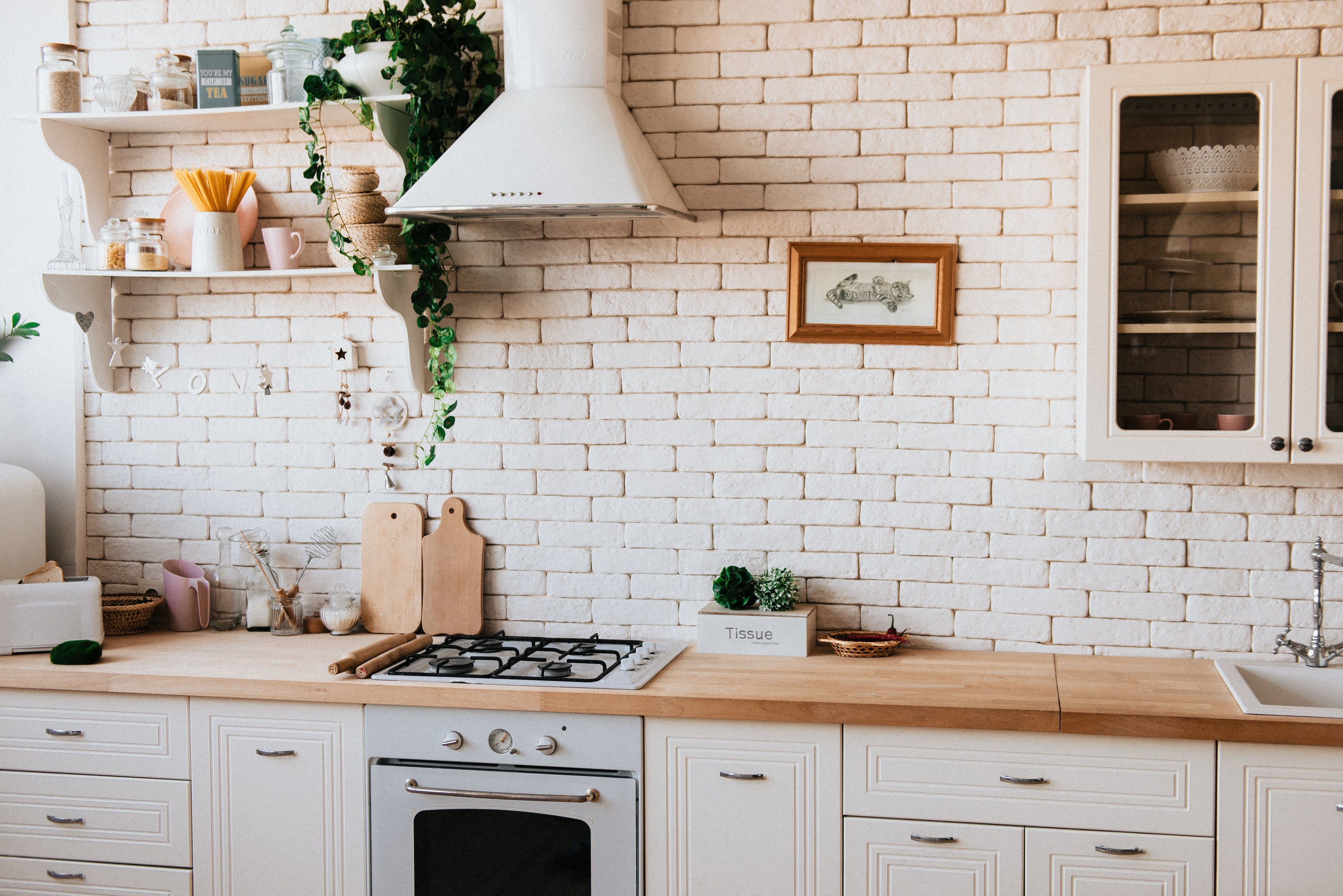Starting a commercial kitchen is a challenging and rewarding venture, but it also requires careful planning and preparation. From securing the right licenses and permits to choosing the right equipment and staffing your kitchen, there are many factors to consider. This comprehensive guide will take a closer look at each of these components, providing you with the information and resources you need to set up a successful commercial kitchen.
Legal Requirements
Before you can start cooking up a storm, there are several legal requirements you’ll need to meet. Some of the most important include:
- Licenses and Permits: To operate a commercial kitchen, you’ll need to secure the necessary licenses and permits from your local government. This will vary depending on where you’re located, so be sure to research the requirements for your area.
- Health and Safety Regulations: To keep your customers safe and ensure your kitchen is up to code, you’ll need to follow all relevant health and safety regulations. This includes things like food safety, fire safety, and electrical safety, among others.
- Environmental and Waste Management Requirements: To minimize your environmental impact, you’ll need to follow proper waste management procedures, including disposal of hazardous materials.
- Insurance Coverage: To protect your business, you’ll need to secure the right insurance coverage. This may include liability insurance, property insurance, and worker’s compensation insurance.
Kitchen Layout and Design
The layout and design of your commercial kitchen will play a big role in its success, so it’s important to get it right. Some of the key factors to consider when planning your kitchen include the following:
- Functionality: Your kitchen should be designed to be as functional and efficient as possible, with clear work zones, easy-to-reach equipment, and supplies, and plenty of storage space.
- Equipment Placement: Choosing the right equipment and placing it in the right location is essential for maximizing efficiency. This includes everything from ovens and grills to refrigeration units and prep tables.
- Kitchen Layout: There are several different kitchen layout options to choose from, including galley, U-shaped, and L-shaped, among others. The right layout for your kitchen will depend on the size and shape of your space, as well as your specific needs and requirements.
Equipment and Appliances
Choosing the right equipment and appliances is essential for running a successful commercial kitchen. Some of the key things to consider when making your selections include the following:
- Essential Equipment: Several pieces of equipment are considered essential for any commercial kitchen, including ovens, grills, refrigeration units, and prep tables, among others. You can get the best equipment at https://onestopwholesaler.com/.
- Latest Technologies: Advances in technology have brought new and innovative tools to the commercial kitchen, and it’s important to stay up-to-date on the latest trends and products.
- Energy Efficiency: Running a commercial kitchen can be expensive, so it’s important to choose equipment and appliances that are energy-efficient and cost-effective.
Food Safety and Sanitation
Food safety and sanitation are critical components of any commercial kitchen. Some of the key things to keep in mind include the following:
- Food Safety Regulations: To keep your customers safe, you’ll need to follow all relevant food safety regulations, including those related to food storage, preparation, and serving. This includes things like maintaining the proper temperature for food storage, using clean utensils and surfaces for preparation, and avoiding cross-contamination.
- Sanitation Practices: Good sanitation practices are essential for preventing the spread of foodborne illness. This includes regular cleaning and disinfecting of surfaces, utensils, and equipment and following proper handwashing procedures.
- Food Safety Training: Providing your staff with food safety training is critical for ensuring that they understand and follow the best food safety and sanitation practices.
Staffing and Training
Hiring and training the right staff is essential for running a successful commercial kitchen. Some of the key things to keep in mind include the following:
- Hiring the Right People: Look for individuals who are passionate about cooking, hard-working, and have a positive attitude. Consider their experience, skills, and personality when making your hiring decisions.
- Providing Training: Providing your staff with the right training is critical for ensuring that they are able to perform their jobs effectively and efficiently. This may include training on specific equipment, food safety, sanitation practices, and customer service.
- Developing a Team: A successful commercial kitchen is built on a strong team, so fostering a positive and supportive work environment is important. This includes things like clear communication, open feedback, and regular team-building activities.
Marketing and Promotion
Marketing and promotion are critical components of any successful commercial kitchen. Some of the key things to keep in mind include the following:
- Building a Strong Brand: Creating a strong brand that accurately reflects your kitchen’s personality and values is critical for building customer loyalty and attracting new customers.
- Leveraging Social Media: Social media platforms can be powerful tools for reaching potential customers and promoting your kitchen. Consider using platforms like Facebook, Instagram, and Twitter to build a strong online presence.
- Offering Specials and Promotions: Offering specials and promotions are a great way to attract new customers and keep existing ones coming back. Consider offering things like daily specials, discounts, and loyalty programs.
Conclusion
Starting a commercial kitchen is a challenging and rewarding venture, but with the right planning, preparation, and execution, it can be a huge success. By following the guidelines outlined in this guide, you’ll be well on your way to setting up a successful commercial kitchen that will thrive for years to come.


Comments are closed.